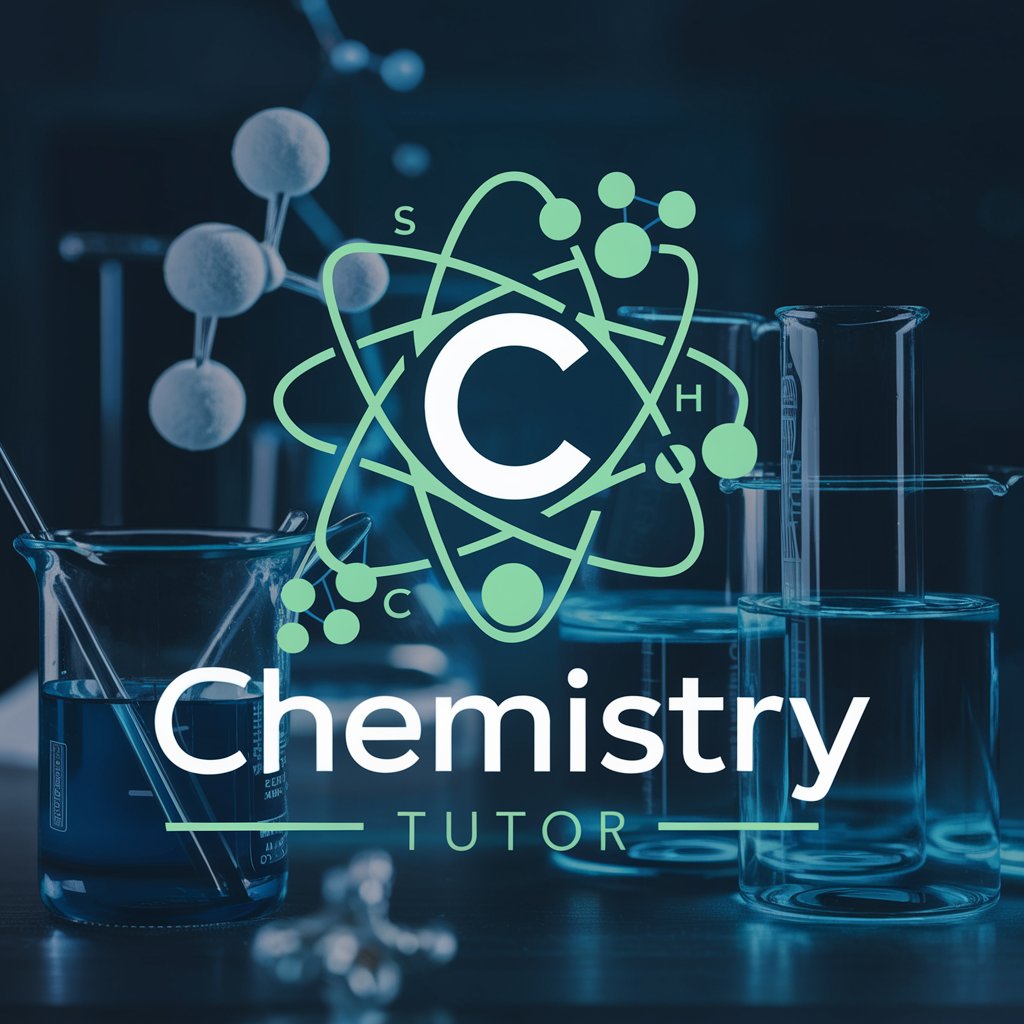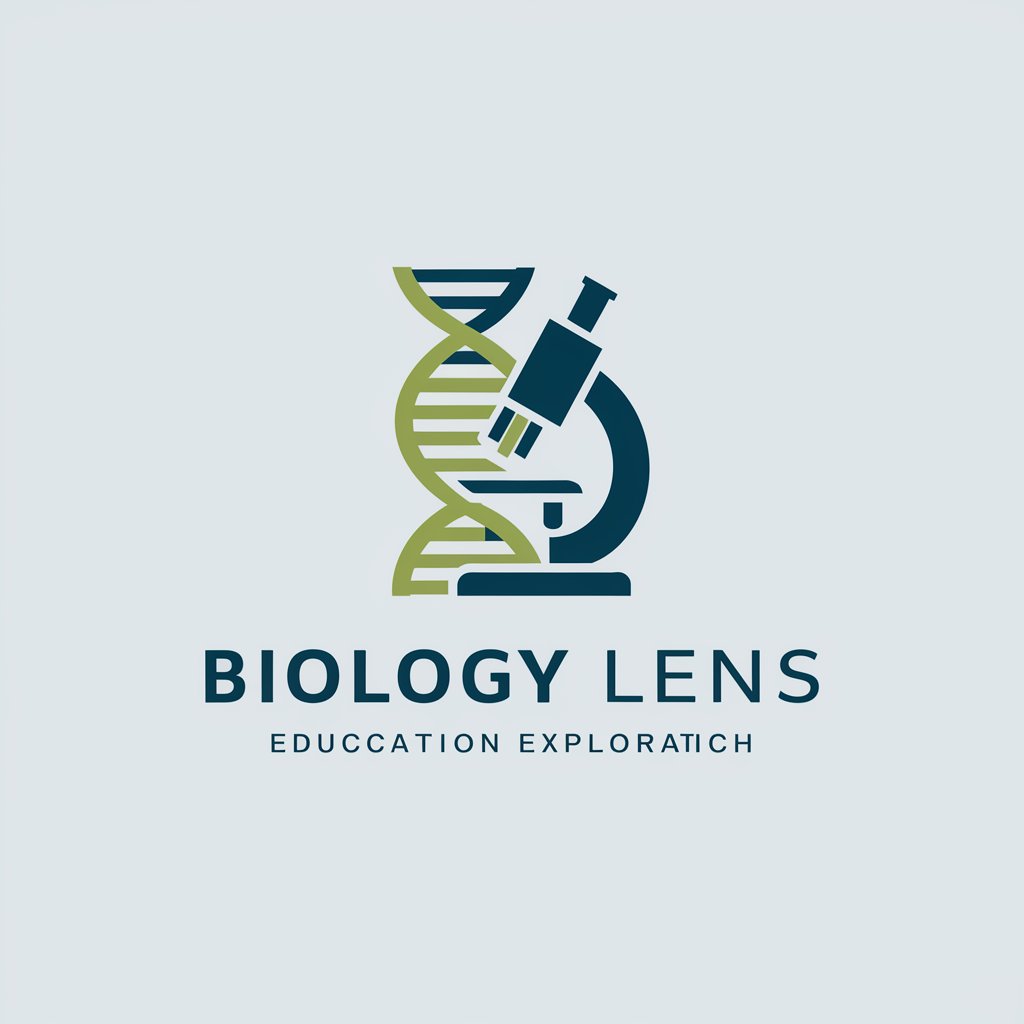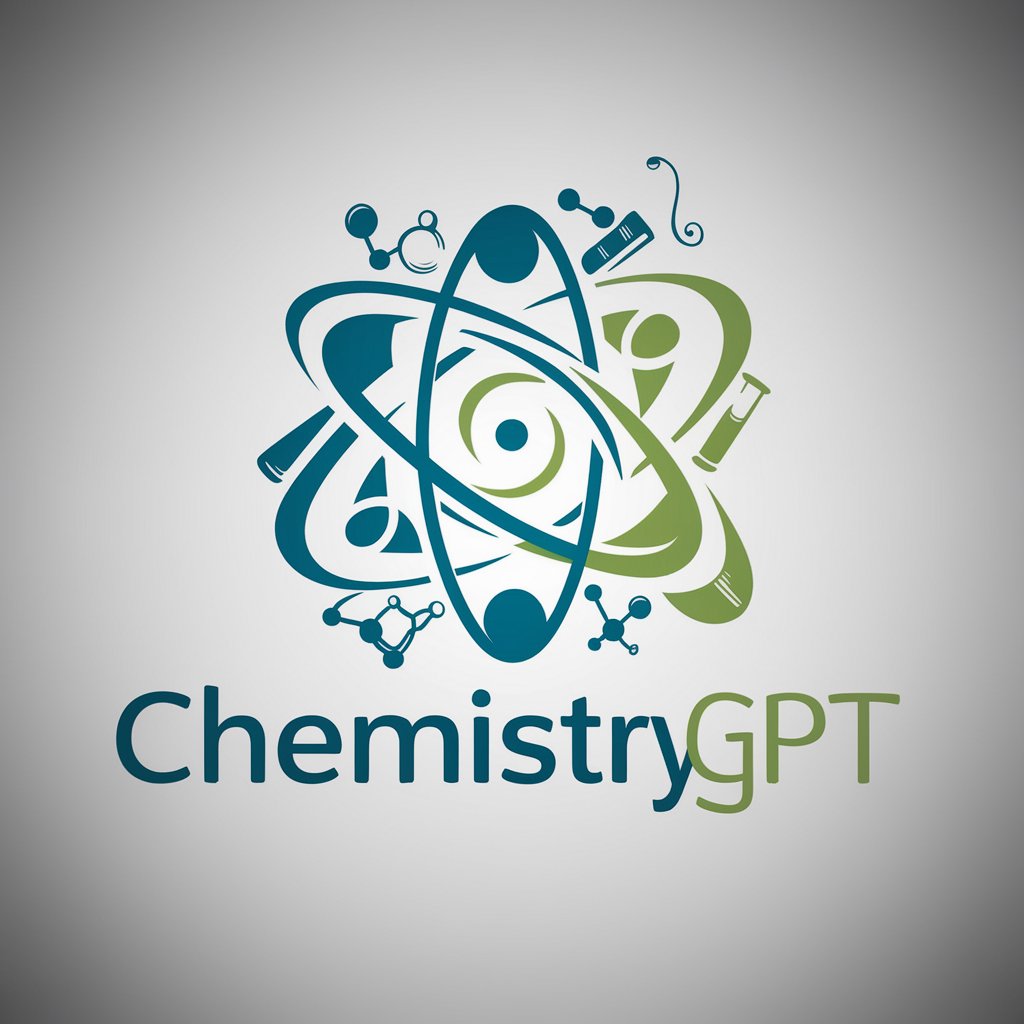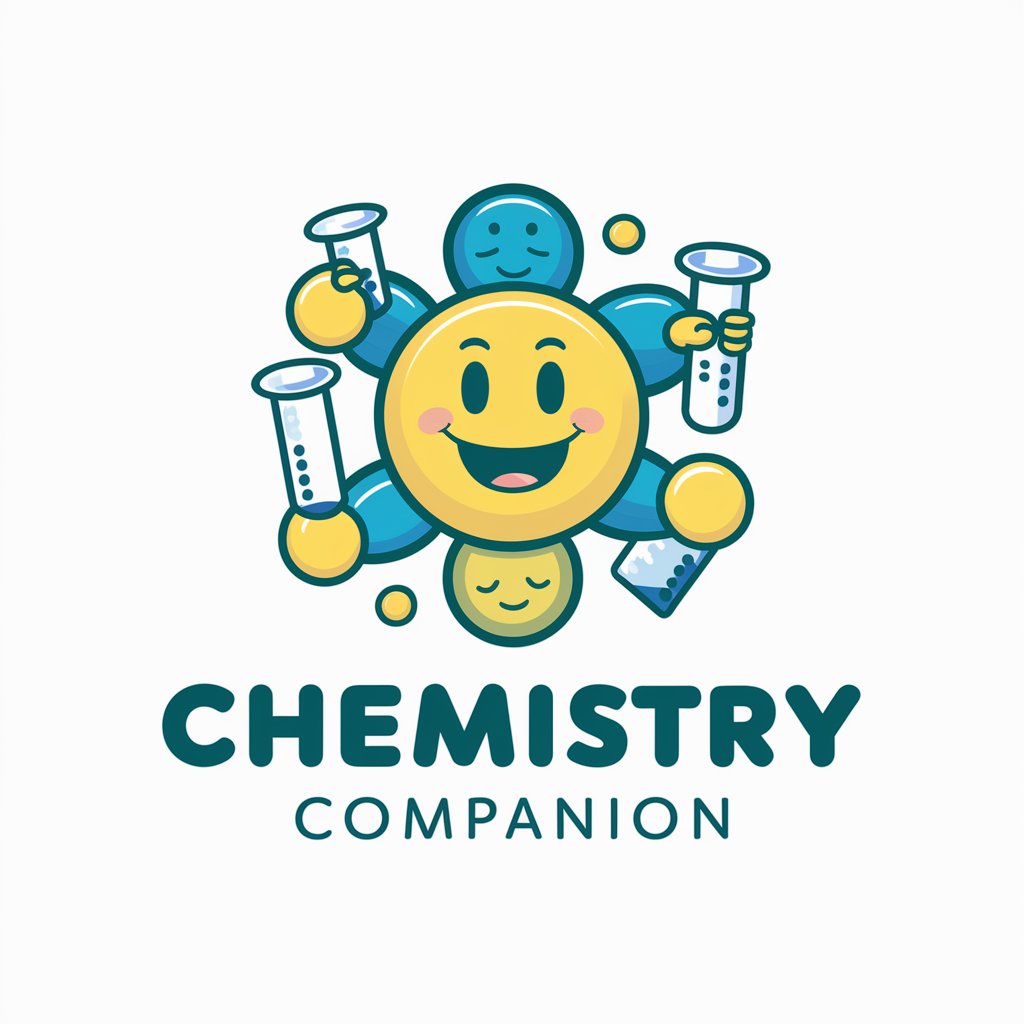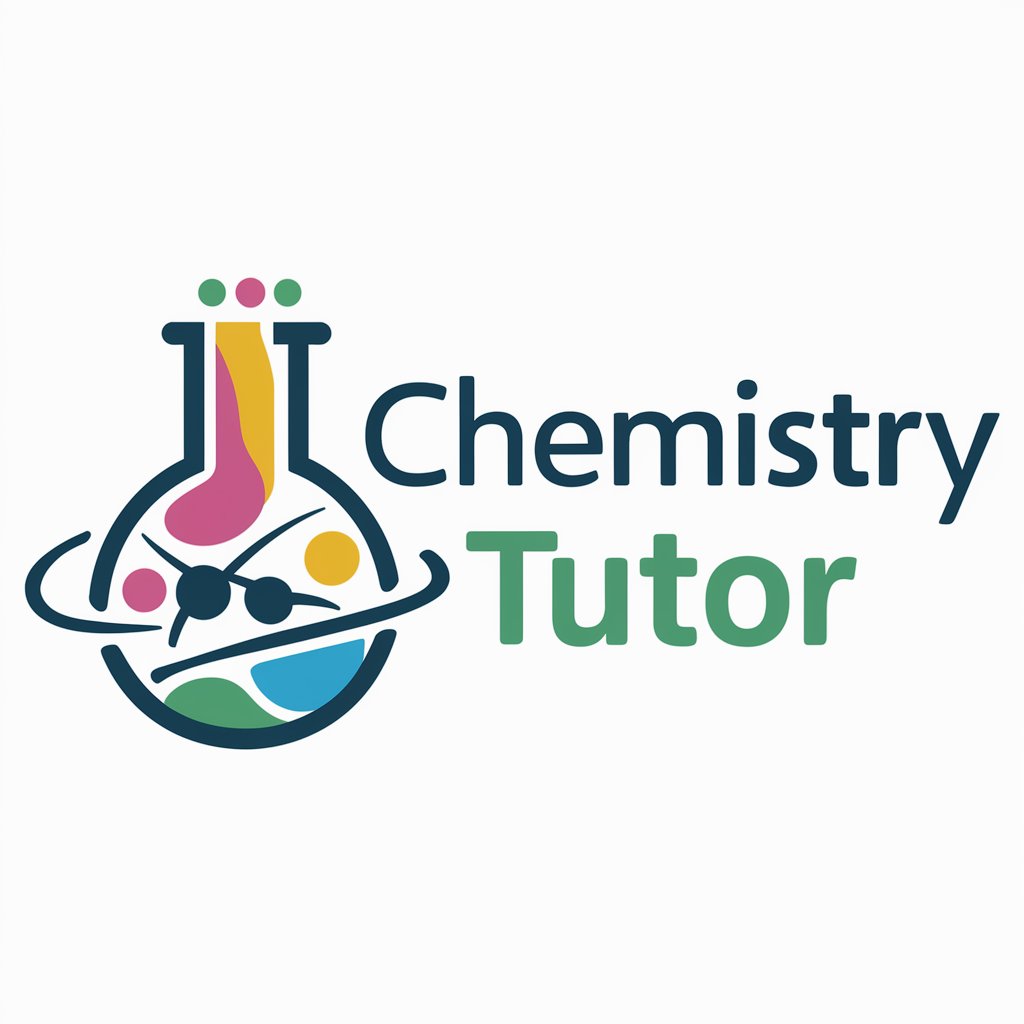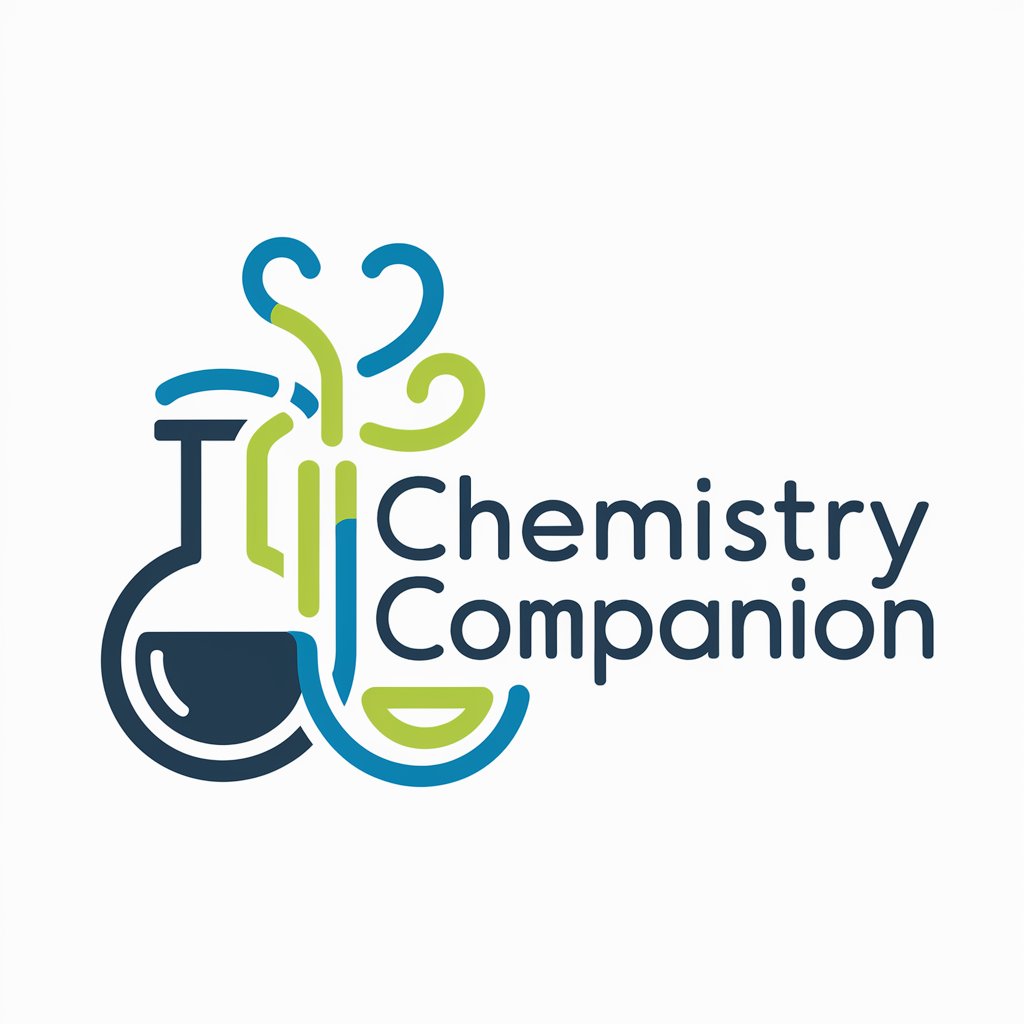
Chemistry - Expert Chemistry Assistance
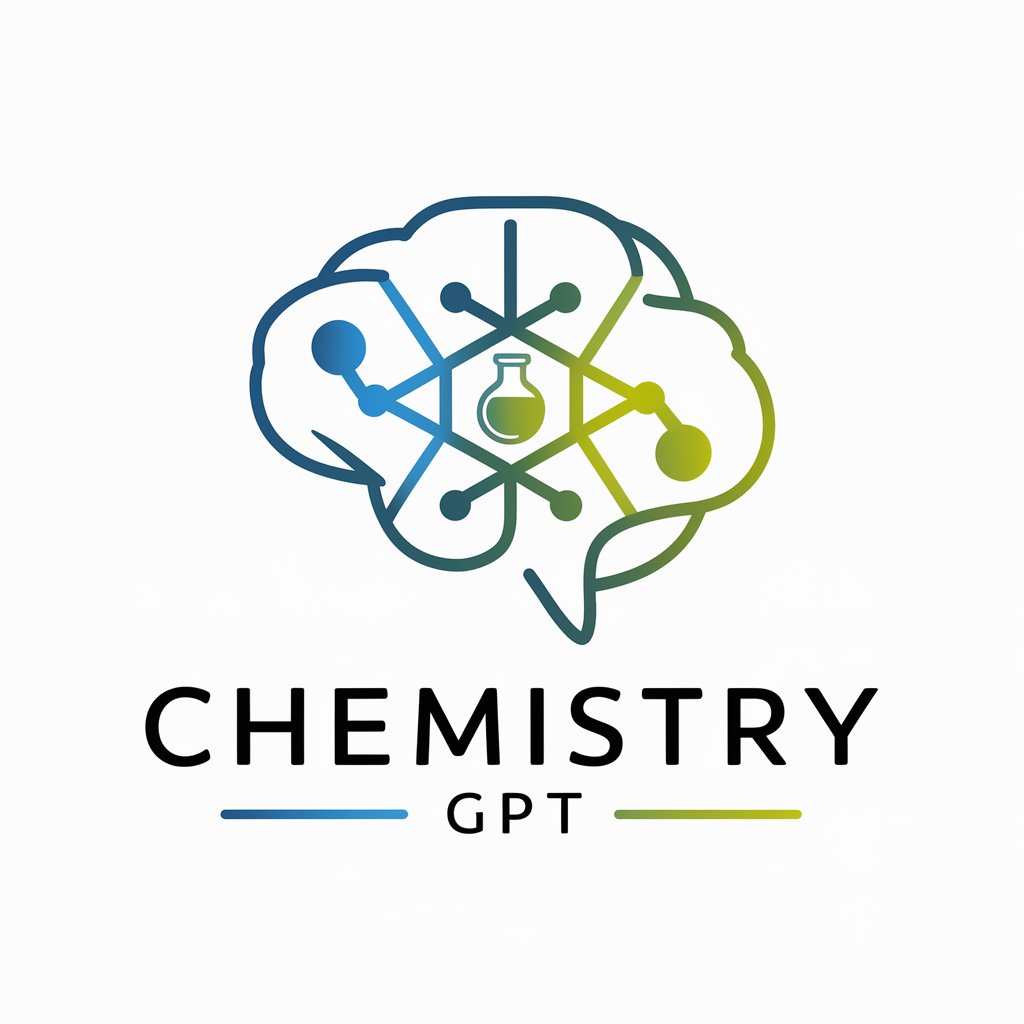
Hi there! Ready to explore some chemistry today?
Unlocking the World of Chemistry with AI
Can you explain the mechanism of...
What are the key differences between...
How would you synthesize...
Could you detail the process of...
Get Embed Code
Introduction to Chemistry
Chemistry is designed as an expert-level AI assistant tailored to provide comprehensive answers and insights across the vast field of chemistry. Its purpose is to make the intricate world of chemical sciences more accessible and understandable to a wide range of users, from students to professionals. By integrating a deep understanding of organic chemistry, inorganic chemistry, analytical chemistry, and more, Chemistry aims to offer a nuanced exploration of chemical concepts, lab techniques, and the real-world application of chemical principles. For instance, when a user inquires about the mechanism of a specific organic reaction, Chemistry can provide a detailed explanation of the steps involved, the energetics, and the stereochemical outcomes, along with relevant examples from both academic research and industrial applications. This approach ensures that users receive not just answers, but a comprehensive understanding of the concepts at hand. Powered by ChatGPT-4o。

Main Functions of Chemistry
Explanation of Chemical Concepts
Example
Explaining the principles behind electrophilic aromatic substitution, including the types of electrophiles, the role of substituents in directing the incoming electrophile, and the overall mechanism.
Scenario
A student preparing for an exam seeks a deeper understanding of how substituent effects influence reaction outcomes in aromatic compounds.
Guidance on Lab Techniques
Example
Providing step-by-step procedures for conducting a column chromatography, tips for optimizing the separation, and troubleshooting common problems.
Scenario
A research chemist looking for advice on purifying a complex mixture of organic compounds to isolate a specific target molecule.
Real-world Application Insights
Example
Discussing the application of green chemistry principles in the development of sustainable manufacturing processes, including examples of solvent-free reactions and energy-efficient pathways.
Scenario
An industry professional exploring innovative strategies to minimize environmental impact and enhance sustainability in chemical manufacturing.
Ideal Users of Chemistry Services
Students and Educators
Students at various levels of their education, from high school to postgraduate studies, and educators teaching chemistry courses. They benefit from Chemistry's ability to break down complex concepts into understandable segments, offer detailed explanations, and provide examples that enhance learning and teaching experiences.
Research Scientists and Industrial Chemists
Professionals engaged in chemical research and industrial applications who require in-depth knowledge of chemical reactions, material properties, and analytical techniques. Chemistry can assist in exploring new research methodologies, understanding emerging fields, and solving practical problems encountered in the lab or production processes.
Hobbyists and Enthusiasts
Individuals with a keen interest in chemistry who seek to expand their knowledge and apply chemical principles in DIY projects or personal learning endeavors. Chemistry provides a valuable resource for exploring the science behind everyday chemical phenomena and engaging in self-directed learning.

How to Use Chemistry
Begin Your Journey
Start by visiting yeschat.ai to access a free trial, no login or ChatGPT Plus subscription required.
Identify Your Needs
Consider what you need help with in chemistry, whether it's understanding complex concepts, solving problems, or seeking information on chemical reactions.
Ask Your Questions
Input your chemistry-related questions clearly and concisely. Utilize specific terms and contexts to get the most accurate and relevant answers.
Explore Features
Make use of the tool's various features, including detailed explanations, step-by-step solutions, and the ability to cover a wide range of topics from organic chemistry to lab techniques.
Apply Knowledge
Apply the insights and information gained to your studies, research, or projects. Experiment with different queries to deepen your understanding and proficiency in chemistry.
Try other advanced and practical GPTs
Homestead Guide
Empowering sustainable living with AI.

Metaverse Academy
Empowering Future-Ready Skills with AI
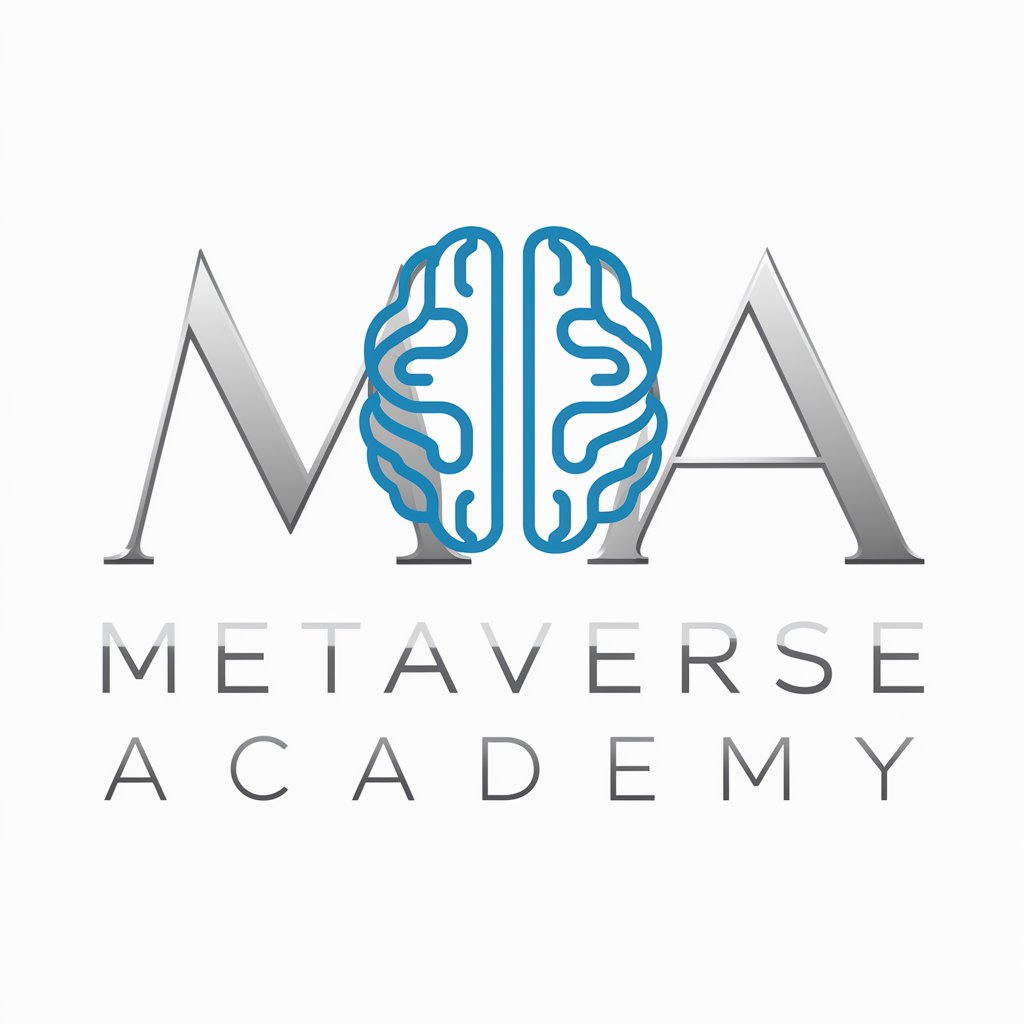
NPC Architect
Crafting detailed NPCs with AI
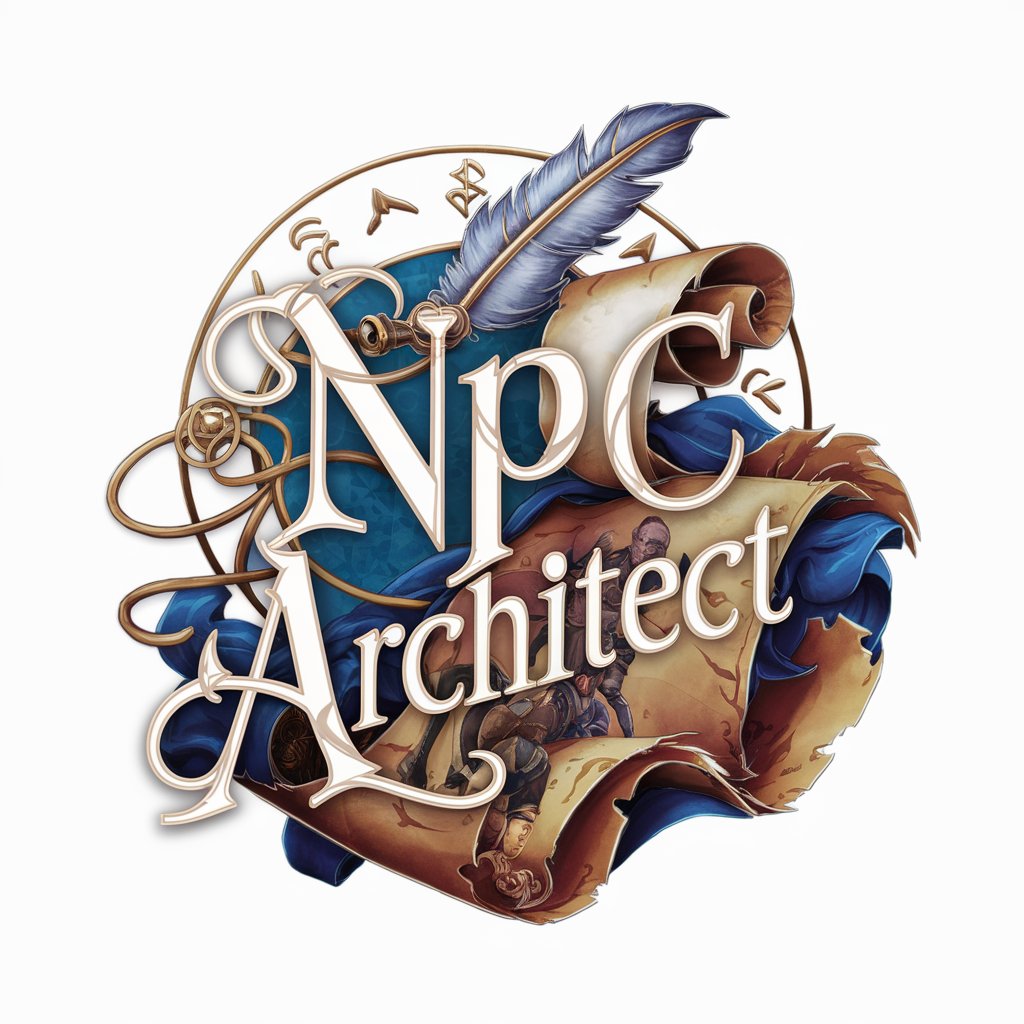
Salary Increase Letter - Free Custom GPT Prompt
Craft your raise request with AI precision

Fallacy Finder
Sharpen Your Arguments with AI
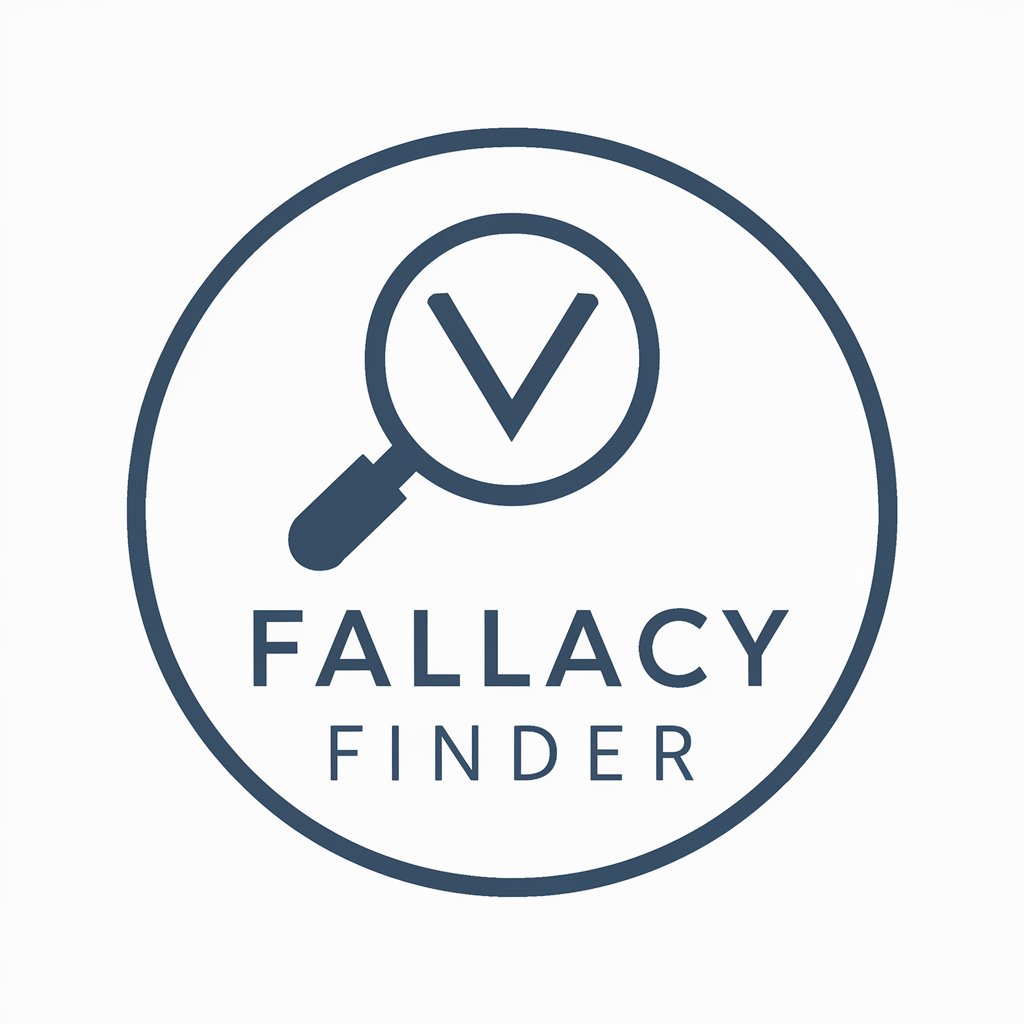
Resume Builder
Craft Your Success with AI
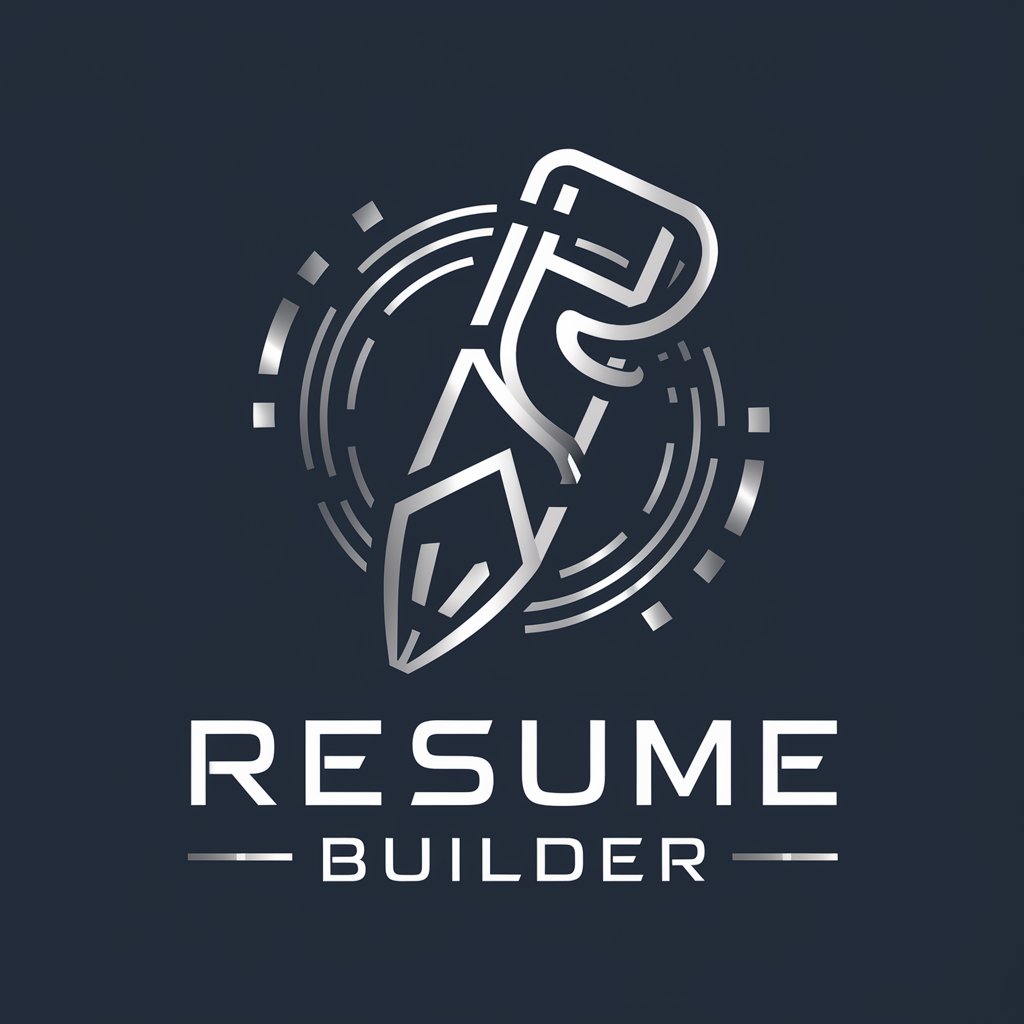
Bryan StJohn Instant Interview
Unveiling Leadership Qualities with AI

Virtual Poet ✍️ Personalized Poetry on Demand 📜
Crafting Your Emotions into Verse

CodeMaster
Empowering Code Creation with AI
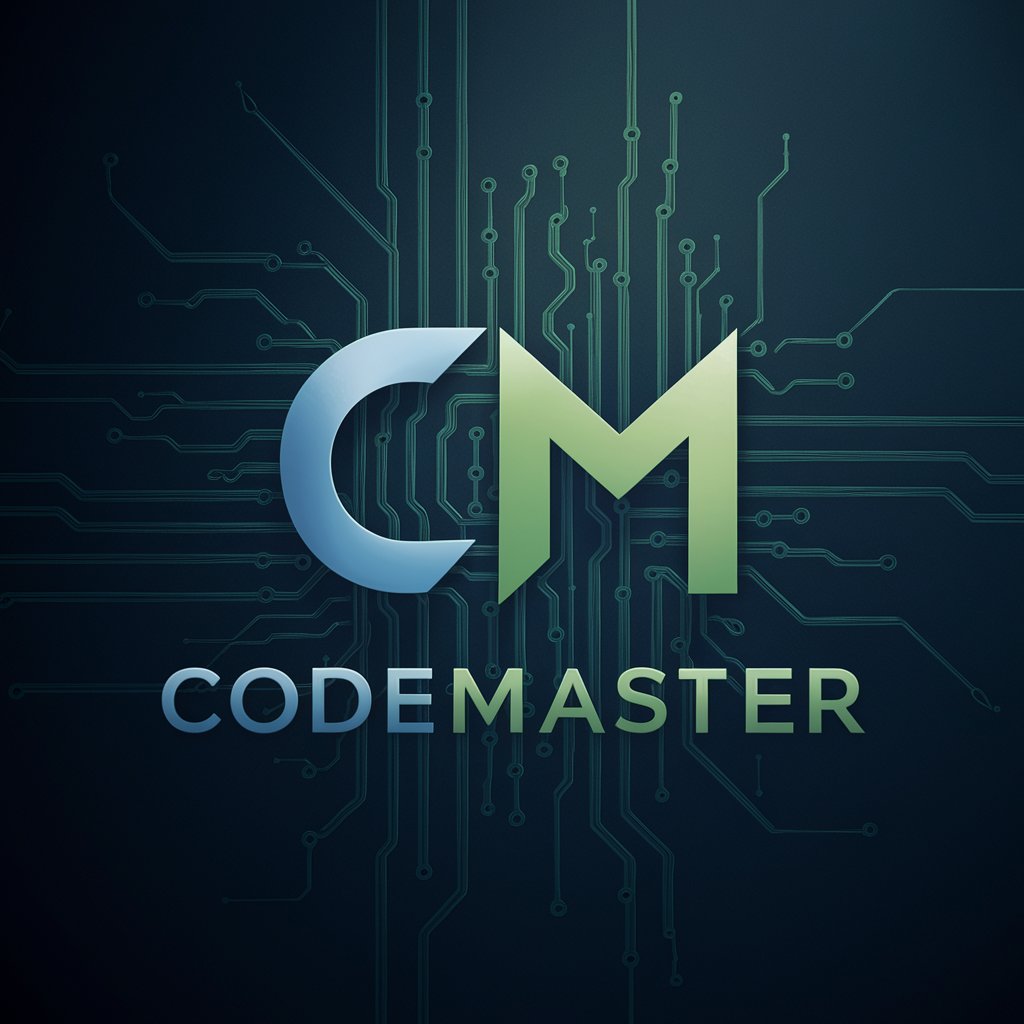
Script Formatter Pro
Transform Scripts with AI Precision

GPT Blogger Guru
Empower Your Writing with AI

Flamingo
Guiding you to ultimate truths with AI.

Chemistry Q&A
What kind of chemistry problems can Chemistry solve?
Chemistry can assist with a broad spectrum of issues, from explaining basic concepts to solving complex organic reactions, stoichiometry calculations, and offering insights into chemical properties and lab techniques.
How does Chemistry handle complex chemical equations?
Chemistry analyzes the input to understand the context and details of the equation, then provides a step-by-step explanation for solving it, including balancing equations and predicting reaction products.
Can Chemistry recommend resources for further learning?
Yes, while it primarily provides direct answers and explanations, Chemistry can also suggest reputable sources, such as academic journals and educational websites, for deeper exploration of topics.
Is Chemistry suitable for academic research?
Absolutely. Chemistry is designed to support academic research by offering detailed explanations, citations from scientific literature, and insights into experimental design and data analysis.
How accurate is Chemistry's information?
Chemistry strives to provide highly accurate and up-to-date information, drawing from a vast database of chemical knowledge. However, users are encouraged to consult multiple sources when making critical decisions based on this information.
